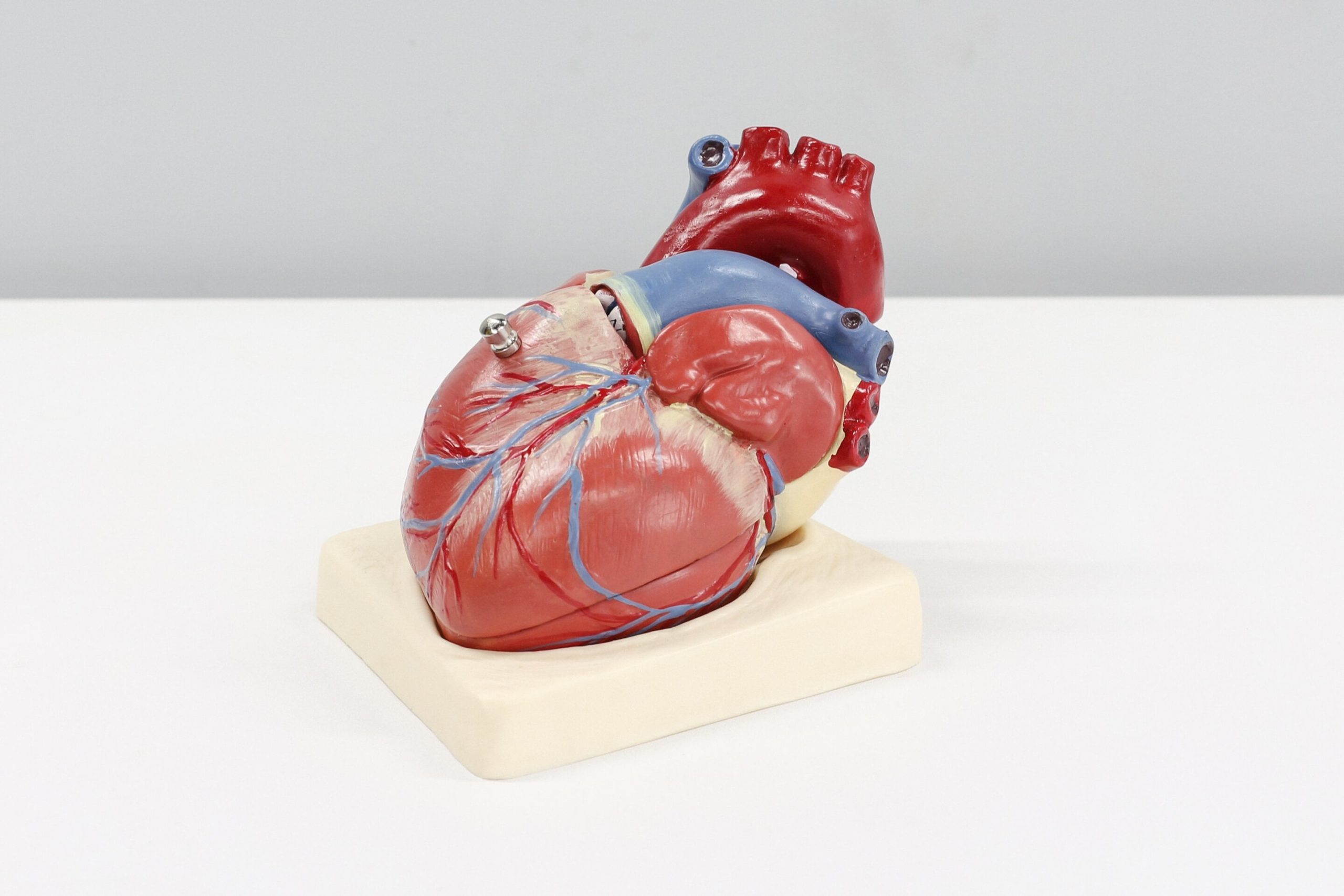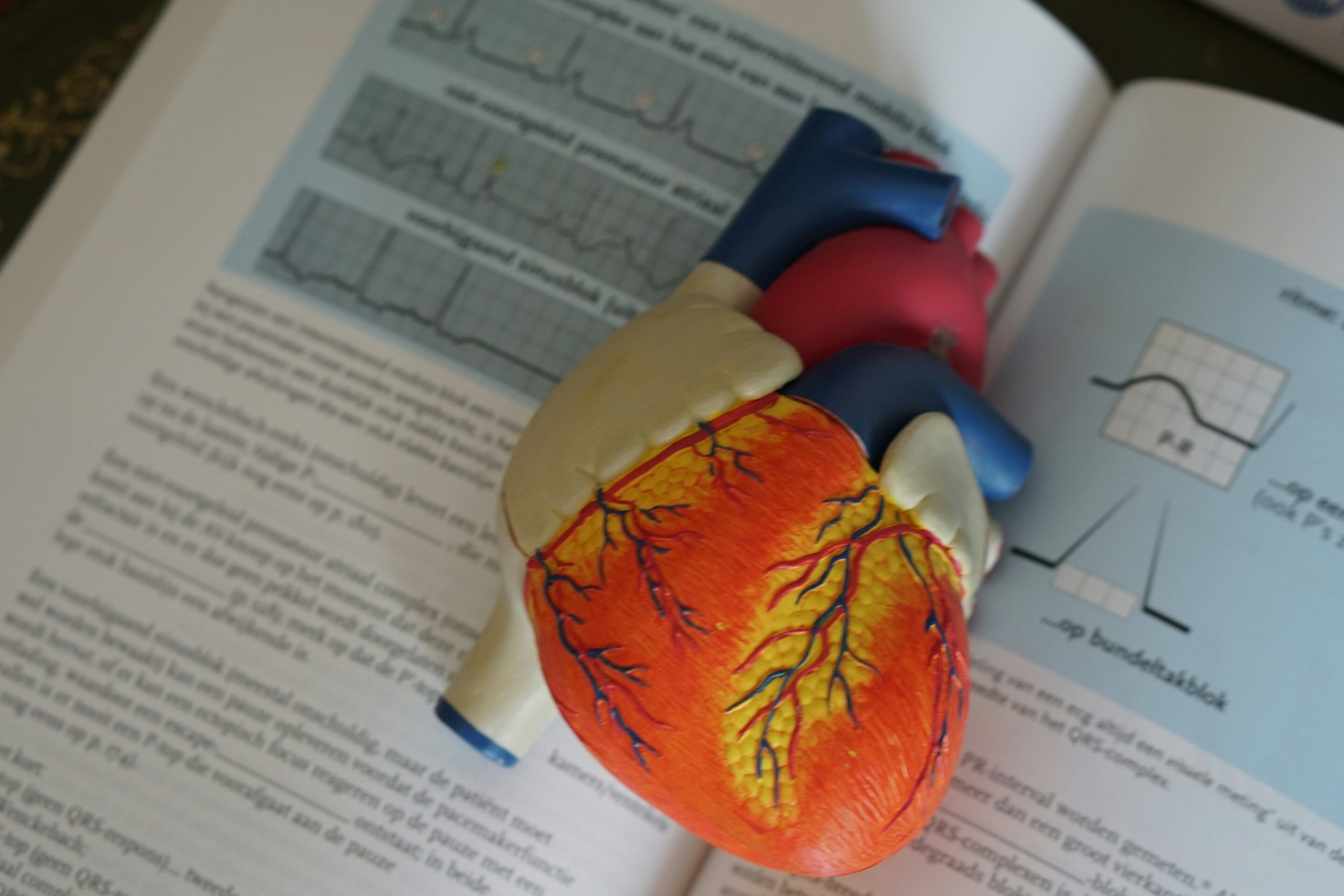New research from Queen Mary University of London, published in iScience, shows an increased risk of blood clots in women who have any combination of a particular gene mutation, oestrogen use, or common medical conditions — specifically: obesity, high blood pressure, high cholesterol, and kidney disease.
Women with the Factor V Leiden (FVL) gene mutation who had been prescribed oestrogen had more than double the risk of blood clotting compared to women who did not have this mutation. And almost 20% of the women who carry FVL, were prescribed oestrogen and had two medical conditions suffered a blood clot. The presence of the FVL gene made a substantial difference to risk, with only around 5% of women taking oestrogen and having two conditions suffering a clotting event.
The study also found that a woman with obesity, high blood pressure, high cholesterol, and kidney disease — which is not uncommon in a clinical setting — had an 8 times greater chance of blood clotting compared to a woman with none of these conditions. This amounted to roughly one in every six women with the four conditions in the study suffering a blood clot. Three medical conditions meant a five times greater chance of blood clotting, and two medical conditions meant a two times greater chance.
One in three women who had the FVL gene mutation and three of the medical conditions examined also suffered a blood clotting event.
The researchers examined the health data of 20,048 British-Bangladeshi and British-Pakistani women from the Genes & Health project, a large community-based genetics study. While oestrogen use, FVL, and common medical conditions are all known risk factors of blood clots, studies have not looked at the combined risk of these factors together on blood clot prevalence.
Women are commonly prescribed oestrogen, both through oral contraception containing the hormone and as part of hormone replacement therapy to replace the oestrogen that their body stops making during menopause.
Dr Emma Magavern, lead author from Queen Mary University of London, said: “Many women will take oestrogen at some point in their lifetime. Overall, this is very safe and there are far more positives to taking it than negatives when it’s prescribed. But these women may not be aware of the combined risk of their genetics and overall health and how it affects their risk of developing a blood clot, which could be life-threatening for some individuals.
“It’s important that women have all the information they need to make an informed choice. While our results are important for women everywhere, they are especially relevant for South Asian women with multiple existing health conditions.”
Professor Sir Mark Caulfield, from Queen Mary University of London, said: “Our study gives a more complete picture of blood clotting in Bangladeshi and Pakistani communities who have previously been underrepresented in research.
“Genetic testing of the FVL gene mutation could give a clearer sense of someone’s personalised risk of this potentially fatal complication if they were prescribed oestrogen.”
This work was funded by the National Institute for Health and Care Research Barts Biomedical Research Centre and Barts Charity.
Genes & Health is core-funded by Wellcome, the Medical Research Council, Higher Education Funding Council for England Catalyst, Barts Charity, and Health Data Research UK. Queen Mary’s Genes & Health group are trying to reduce health inequalities by analysing the genetic information of 100,000 Bangladeshi and Pakistani people to improve health outcomes locally and globally.


